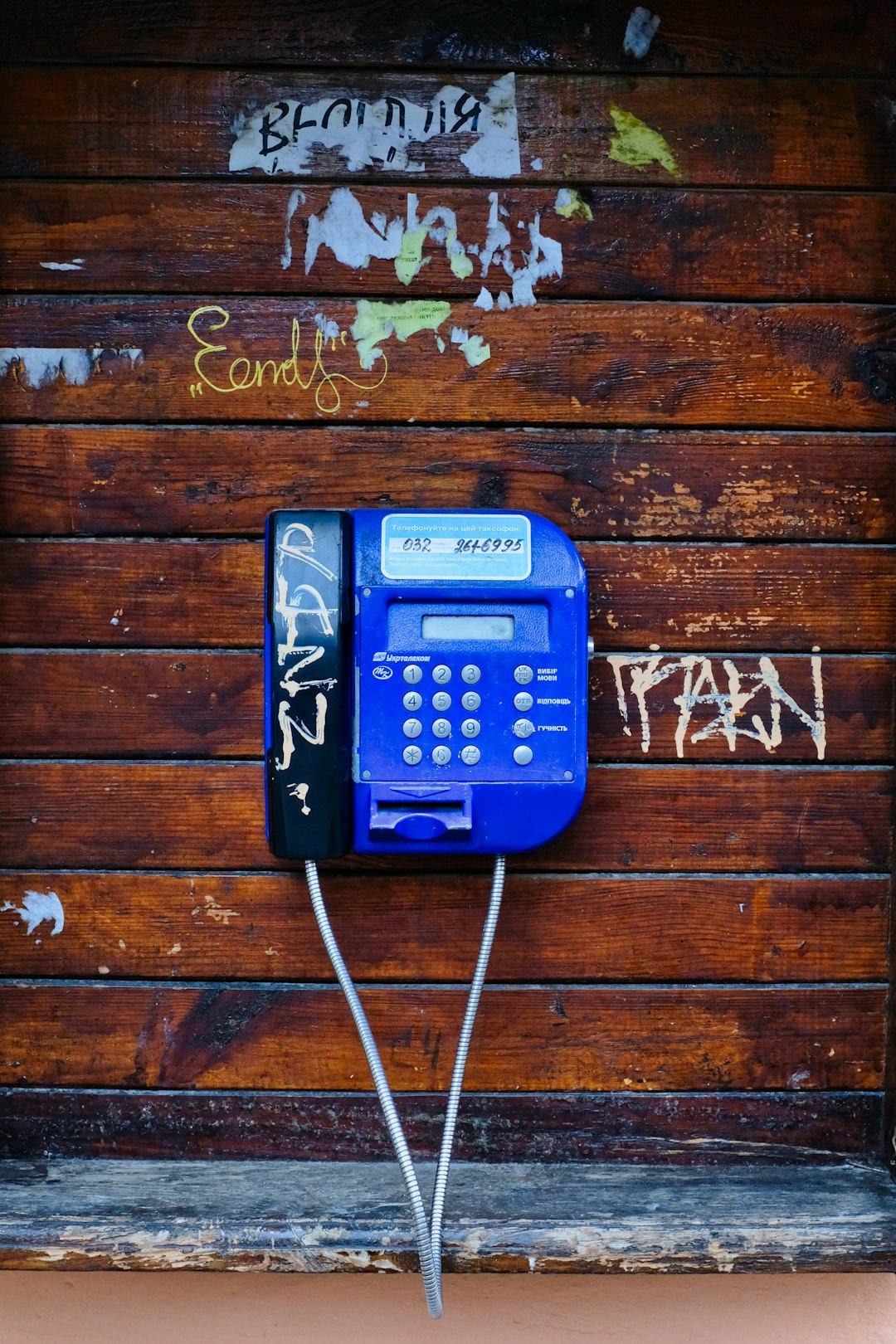Spam calls are a prevalent problem in Rhode Island, disrupting daily life and damaging trust in communication. To combat this, individuals can register on the National Do Not Call Registry, use call-blocking apps, and update device settings. Businesses should implement caller ID verification and phone filtering technologies. Educating consumers about spam sources and tactics is key. Regulatory measures, including strict laws and community awareness campaigns, play a vital role. By combining these strategies, Rhode Island can create a safer, more trustworthy communication environment and protect consumer rights.
In Rhode Island, as across the nation, spam calls persistently plague consumers, eroding trust in businesses and communication channels. This article delves into the profound impact of unwanted telemarketing on residents, exploring how these calls disrupt daily life and damage consumer confidence. We offer practical strategies to combat spam, restore trust, and educate businesses on responsible marketing practices. Additionally, we examine regulatory measures in Rhode Island that aim to mitigate spam calls, ensuring a safer and more trustworthy marketplace for all. Learn how to stop spam calls in Rhode Island and reclaim control of your communication.
Understanding the Impact of Spam Calls on Consumers in Rhode Island

In Rhode Island, as across the nation, spam calls have become a ubiquitous and frustrating aspect of modern life. These unwanted phone communications, often featuring pre-recorded messages or automated systems, can have significant implications for consumers’ daily experiences and overall trust in communication channels. The constant barrage of spam calls not only disrupts peace of mind but also erodes confidence in legitimate business interactions, particularly when it comes to trusted sources of information and services.
Consumers in Rhode Island face a complex challenge when dealing with spam calls as they often mimic the sounds of genuine businesses or even use personalized details to appear more credible. This deceptive strategy not only causes annoyance but can also lead to a heightened sense of skepticism among recipients. To combat this issue, it’s crucial for individuals to arm themselves with knowledge on how to stop spam calls Rhode Island. From registering on Do Not Call lists to utilizing advanced call-blocking technologies, there are several practical steps that residents can take to regain control over their communication channels and foster a more positive relationship with trusted sources in the state.
Strategies to Combat Spam Calls and Restore Consumer Trust

To combat spam calls and restore consumer trust in Rhode Island, individuals and businesses must take proactive steps. One effective strategy is to register on the National Do Not Call Registry, which limits telemarketing calls from unknown numbers. Additionally, using call-blocking apps and updating device settings to restrict unsolicited calls can significantly reduce spam. For businesses, implementing robust caller ID verification systems and integrating advanced phone filtering technologies ensures that only legitimate communications reach their customers.
Educating consumers about the sources and tactics of spam calls is another crucial step. Staying informed allows Rhode Islanders to be more cautious and less likely to engage with suspected spam. Encouraging community-wide awareness campaigns can help in identifying suspicious activities and reporting them to the relevant authorities. By combining these strategies, residents and businesses can create a safer, more trustworthy communication environment in Rhode Island.
The Role of Regulatory Measures in Preventing Spam Calls in Rhode Island's Market

In Rhode Island, as in many states, regulatory measures play a pivotal role in preventing spam calls and safeguarding consumer trust. The state has implemented strict laws and guidelines to curb unsolicited telephone marketing, offering consumers a much-needed respite from relentless sales pitches. These regulations not only educate businesses on ethical marketing practices but also provide a framework for holding companies accountable. Fines and penalties for non-compliance act as a strong deterrent, encouraging businesses to adopt more responsible methods of customer engagement.
Consumers in Rhode Island can take advantage of these regulatory efforts by staying informed about their rights. Knowing how to file complaints against spam callers and understanding the legal protections available to them empowers individuals to take proactive measures. By reporting suspicious calls, consumers contribute to a collective effort to maintain a healthier market environment, fostering trust and ensuring that business practices align with ethical standards.






